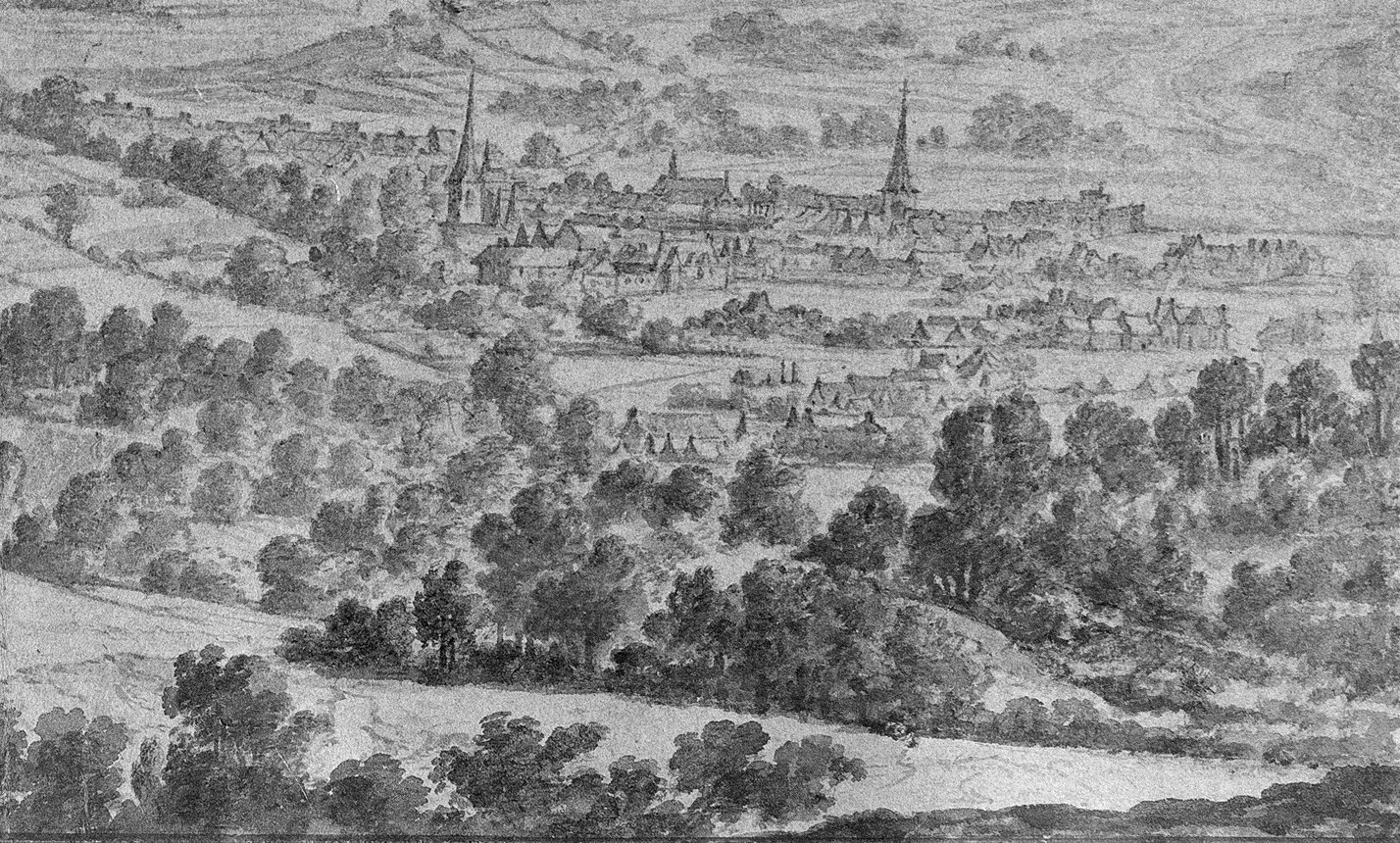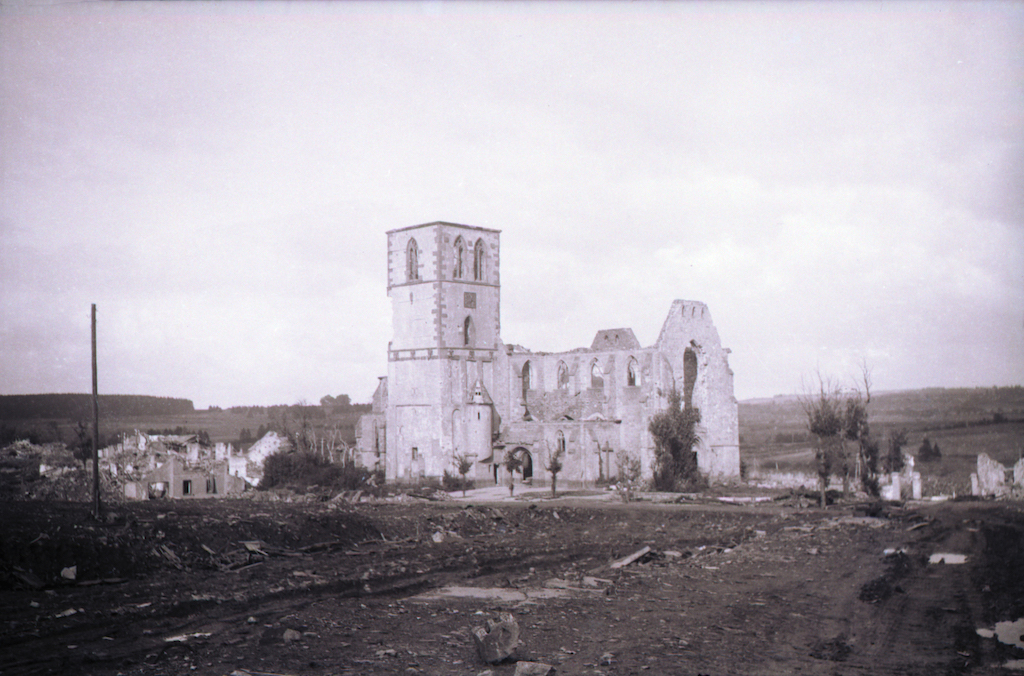Many villages in the south of East Belgium were largely destroyed. The small town of Sankt Vith, an important railway centre, was completely reduced to rubble by two air raids.
-
![Michel_Pauly]()
Michel Pauly
Opinion:
‘In Luxembourg’s culture of remembrance, as far as the Second World War is concerned, there is a scramble to attain the roles of victims and heroes. In the immediate post-war years, when the pre-war Luxembourg government returned home after the liberation of Luxembourg from its exile in London, it was faced with a changed country: numerous resistance groups accused the government of having fled into exile, thus betraying the nation. They therefore demanded the government’s resignation, as well as direct political say for themselves. In addition, there were over 10.000 Luxembourgish conscripts who had been forced into service in the German armed forces from 1942 onwards. The government feared their return as the conscripts too were susceptible to feeling they had been abandoned by the government, and could therefore voice demands similar to those of the resistance groups – or be capable of even worse. Furthermore, the government faced a looted country, one third of which had been completely destroyed. Finally, there was the issue of a few thousand citizens who had been found guilty of collaborating with the enemy, many of whom had fled to Germany in 1944.
In order to prevent the country from breaking apart in the post-war period as a result of the many anomisities, paradoxical actions were taken: on the one hand, the majority of the accused were found guilty of collaboration at the trials. There were 11 death sentences, and a few dozen had to give up their Luxembourgish nationality and were forced to leave the country. However, the initial sentences were quickly reduced in order to reduce the proportion of severe sentences and to appease the defendants and their relatives in order to prevent further chaos. On the other hand, in order to get rid of the political opposition of the resistance groups, their actions during the war were discredited by officially declaring that every Luxembourger had actively resisted. The Luxembourgish forced recruits, many of whom were taken into Russian captivity after the war, were left to rot in Russia a little longer, so that many died after the war. The intention was to reduce the number of those returning home, where they could have caused further chaos. In the post-war decades, the forced recruits were then officially recognised as collective victims and paid a one-off reparation.
In a nutshell, this gave rise to a culture of remembrance that permitted an escape into the role of ‘heroic victims’, with many myths and clichés that render historical assessment very difficult.’
In the south of eastern Belgium, people mainly remembered the great destruction caused by the war. In their own narratives stories, they saw themselves in the role of victims: as victims of this deadly offensive and of the war. The fact that many citizens had also supported the murderous system of the Nazi state as perpetrators through their indifference or their participation, through their naivety and their denunciations, through their opportunism and their blindness, was largely suppressed by this view until the 1980s.
-
![Adeline_Moons]()
Adeline Moons -
Jeroen Petit
Opinion:
‘In Flanders, too, one can observe this acceptance of the negative burdens of history by a younger generation. In Flanders, a discussion about the atrocities of the National Socialist period is also gradually getting underway. However, this discussion about history should not be used to question our roots, or, for example, to question the Flemish Movement as a whole.’



